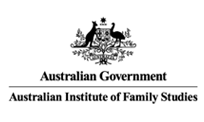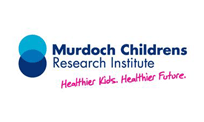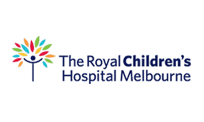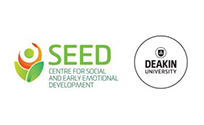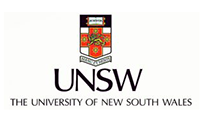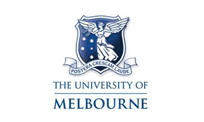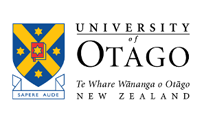
Download the 2017 ATP newsletter (PDF)
ATP Generation 3 update
Thank you to all of our ATP families for your continuing support, and a warm welcome to those who have recently joined the ATP as part of the Gen3 study. We wish you all the best for the upcoming festive season and 2018.
We are very excited to have ticked over the magical 1,000 mark, and have now welcomed 1,047 children into our Gen3 study! This is a wonderful milestone for the ATP and we couldn’t have done it without the commitment and enthusiasm of all the families involved – thank you!
Our twice-yearly contact with ATP study members has meant that we have received regular updates about new pregnancies. Now that we are so close to achieving our target of 1200 Gen3 children we will be winding up recruitment in 2018. We thank you for your patience and understanding during this process which has made it a great success. If you are expecting a baby and haven’t let us know, please go to the Update your details section of our new website and complete the online form so that we can get in contact with you.

Have you seen our new website?
We were proud to launch our new site earlier in 2017 www.melbournechildrens.com/atp. Here you can find a wealth of information on the study – including the history of the ATP and what it currently involves – as well as some helpful resources for when life gets a bit tough and you need some additional support. You can also find us on Facebook (www.facebook.com/ATPGen3) where we post lots of interesting articles and resources for all of our participants.
What’s happening next with the ATP?
We are continuing to use the information you’ve given us over the past 34 years to help identify factors that promote or hinder healthy development at different life stages. Some topics we are currently looking at include how childhood reading problems influence later education and employment, positive development and wellbeing in young adulthood, and patterns of risky drinking and associated harms over adolescence and young adulthood.
In 2018 we will be expanding the Gen3 study to seek parents’ consent to securely access their children’s birth records and newborn screening cards. Newborn screening cards come from the heel prick test done on babies in the first few days after birth. The cards can be used to explore how the social environment may modify our genes in ways that shape our future health and wellbeing. This important data will add to the rich information we already collect through interviews and lab visits, and help us to understand how experiences in early life shape later development.
New research on gambling
Our most recent survey showed that many of our Gen2 participants had spent money on gambling activities in the previous year.

Some people find it difficult to limit the amount of money or time they spend on gambling activities, which may cause problems for themselves and/or their families. Using data from the 2014-15 survey, we found that men in their early 30s were three times more likely than women to have gambling problems. We also found that men were more likely to experience problems with gambling if their friends had gambling problems, while women were more likely to have problems with gambling if they had a parent with gambling problems.
If you or someone you know is experiencing issues with gambling, support is available. For help, please visit gamblinghelponline.org.au or call the National Gambling Helpline: 1800 858 858.
International collaborations
The ATP team works with other research teams both around Australia and internationally to ensure that we make the most of the important information you provide to us. Over the last few years, the ATP has collaborated with teams from other large, long-running longitudinal studies in Australia and New Zealand to explore cannabis, alcohol and other drug use in young people.
One of these studies, published in the prestigious Lancet Psychiatry journal, found that those who used cannabis daily before the age of 17 years were 60% less likely to complete high school or attain a degree compared to those who had never used it. Daily users were also more likely to be dependent on cannabis and use other illicit drugs later in life. The findings suggest that delaying or preventing the use of cannabis is likely to have broad health and social benefits.
FAQ
Why do you ask me to provide alternative contacts?
Life can change suddenly and people often move house, change their phone number, or get a new email address. Having information listed for a couple of other people who will always know how to contact you helps ensure that we don’t lose touch. You can provide as much information for your alternative contacts as you like – a name and phone number is fine. We will only contact them if we can no longer contact you directly.
Stay in touch
Each of you contributes a unique experience to the study, so we really want to stay in touch! We’re always interested to hear anything you’d like to share with us about your life at the moment. If you move or any of your details change, please let us know.
You can do this securely through our new website: www.melbournechildrens.com/atp/participants/update-your-details
Via phone or email:
(03) 9345 4129 / atp.nextgen@rch.org.au
Or via post:
Australian Temperament Project
Department of Paediatrics (ARACY)
University of Melbourne
Level 2 West, Royal Children’s Hospital
50 Flemington Road
Parkville VIC 3052
Thank you again for your ongoing support of the ATP


